
No one remembers exactly when the rice flakes production and processing profession began in Than Khe. It is only known that, since they were babies in the cradle, many generations here have grown up with the bustling sound of rice pounding pestles every autumn, with the pure scent of young sticky rice lingering on mother's hair and father's sleeves. In the past, the rice flakes making profession was mainly done by hand, each batch of sticky rice had to be pounded, sifted, and roasted by hand. However, in the cycle of the times, the people of Than Khe have boldly innovated, bringing machines into production to increase productivity.
We visited the family of Mr. Tran Dinh Buong, Thong Nhat village, who has been involved in the profession for more than 30 years. In a workshop of more than 200 square meters, the sound of milling machines, filtering machines, and hulling machines resounded regularly, mixed with the sweet aroma of new rice, warming people's hearts. Mr. Buong shared: In the past, my family only produced a few dozen kilograms of rice each day. But now, I have invested more than 1 billion VND in modern machinery to improve production efficiency and product quality. In one day, my family produces more than 2 tons of rice, and collects 1.2 tons of finished rice, including raw rice and green rice, with a selling price of 30,000 - 40,000 VND/kg. Every year, I buy hundreds of tons of sticky rice from local people and neighboring communes for production. Making green rice flakes not only brings a stable income but also makes people proud of preserving and developing the traditional profession.

If the sticky, fragrant, green rice grains bring the whole autumn to the heart of the person enjoying them, then Kenh village tofu has a cool, sweet taste, preserving the natural aroma of soybeans. To fully experience the flavor and story of the profession, we came to Kenh village on a morning in late October, when the mist was still hanging on the roofs. From the small alleys, the sound of bean grinders resounded loudly, mixed with the steam coming from large bean cooking pans, creating a bustling yet familiar working scene. In Mr. Tran Van Khai's small kitchen, the strong smell of beans spread throughout the space. Mr. Khai confided: I have been making tofu for more than 20 years. Every day, at 3 a.m., the whole family gets up to make tofu. Each person has a job: one soaks, one grinds, one cooks, one molds. To do this job, you have to be patient and keep your heart to have delicious tofu. Kenh village tofu is smooth, white, soft but still chewy. Each household has its own secret from the way of mixing the sour water, to the time of molding. Thanks to that, the beans here have a characteristic fatty, sweet and refreshing flavor. Currently, my family produces about 200 kg of tofu a day, supplying the markets of Hanoi , Hai Phong, Quang Ninh... with a stable income of more than 10 million VND/month. Making tofu is doing it because of the profession left by our ancestors. Preserving the profession means preserving the lifestyle of our hometown. Ms. Mai Thi Luong, Hai Phong city shared: Kenh village tofu is very delicious. Every time I go back to my hometown, I buy a few kilos to save. It is not only a dish but also carries the soul of the countryside.
Than Khe commune is also famous for Do Ky snake cakes, Chi Lang conical hats, bamboo and rattan weaving, Do Ky sticky rice wine... bringing significant income to the people. Currently, the production value from traditional craft villages accounts for 30% of the total production value of the whole commune, becoming an important "piece" in the local socio -economic picture. Mr. Vu Xuan Quan, Head of the Economic Department of Than Khe commune, said: We determine that preserving craft villages is not only to preserve culture but also a way to develop the economy and improve people's lives. Therefore, the commune always closely coordinates with sectors and organizations to support loans, vocational training, technology transfer, design improvement, and finding output for products. At the same time, we aim to build OCOP product brands, combined with developing experiential tourism, bringing craft village products closer to domestic and foreign markets. Each product is not only material but also the pride of the people when contributing to spreading the cultural values of the homeland.
Through the ups and downs of time and life, generations of Than Khe people still "keep the fire" of traditional craft. With the craft, people's lives are less difficult and gradually become more prosperous. The craft has not failed people like that!
Source: https://baohungyen.vn/ngon-lua-nghe-o-than-khe-thap-sang-niem-tu-hao-que-huong-3187230.html


![[Photo] National Assembly Chairman Tran Thanh Man receives foreign ambassadors who came to say goodbye](https://vphoto.vietnam.vn/thumb/1200x675/vietnam/resource/IMAGE/2025/10/30/1761820977744_ndo_br_1-jpg.webp)
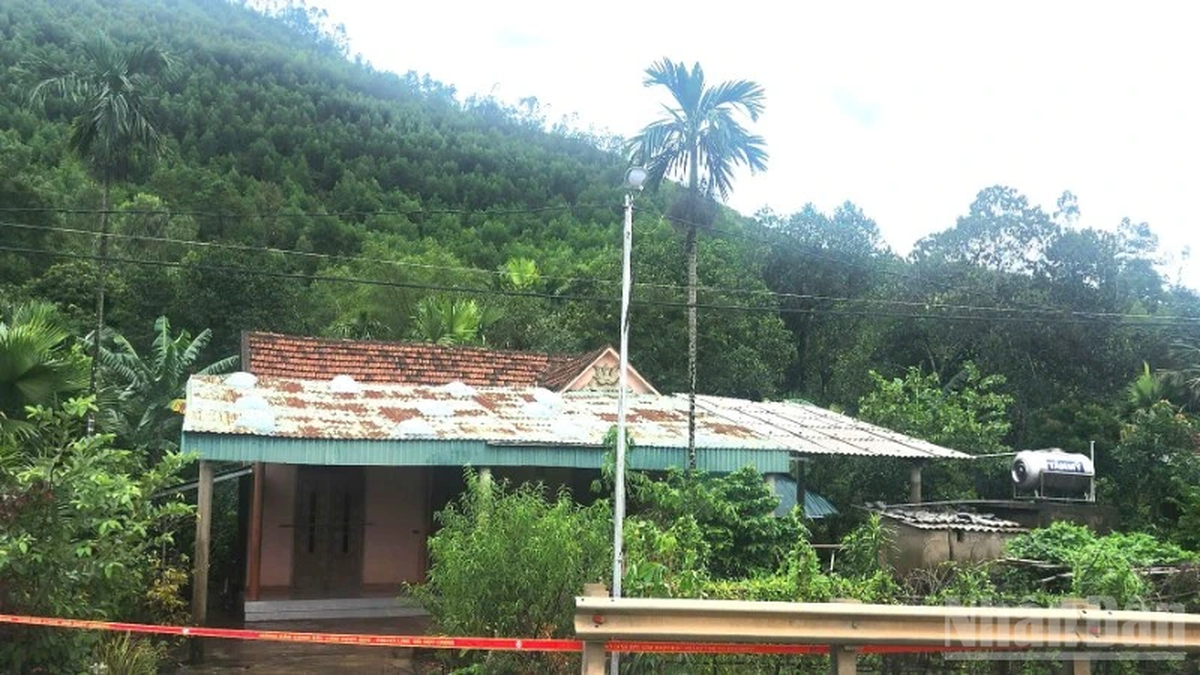
![[Photo] The Third Patriotic Emulation Congress of the Central Internal Affairs Commission](https://vphoto.vietnam.vn/thumb/1200x675/vietnam/resource/IMAGE/2025/10/30/1761831176178_dh-thi-dua-yeu-nuoc-5076-2710-jpg.webp)
![[Photo] General Secretary To Lam attends the Vietnam-UK High-Level Economic Conference](https://vphoto.vietnam.vn/thumb/1200x675/vietnam/resource/IMAGE/2025/10/30/1761825773922_anh-1-3371-jpg.webp)
![[Photo] General Secretary To Lam meets former British Prime Minister Tony Blair](https://vphoto.vietnam.vn/thumb/1200x675/vietnam/resource/IMAGE/2025/10/30/1761821573624_tbt-tl1-jpg.webp)
![[Photo] Touching scene of thousands of people saving the embankment from the raging water](https://vphoto.vietnam.vn/thumb/1200x675/vietnam/resource/IMAGE/2025/10/30/1761825173837_ndo_br_ho-de-3-jpg.webp)
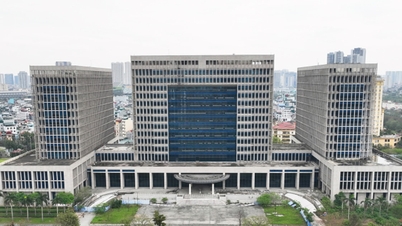





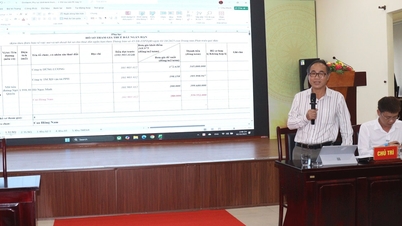









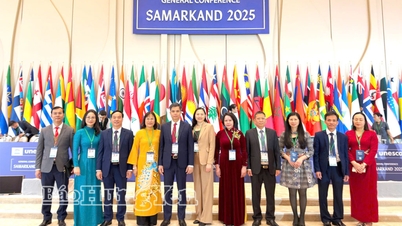
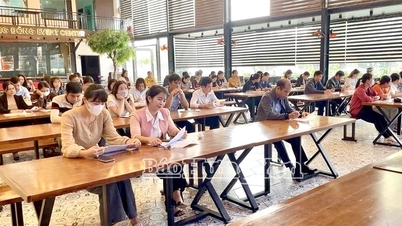
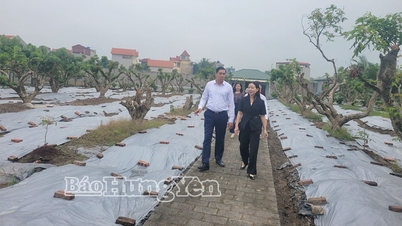





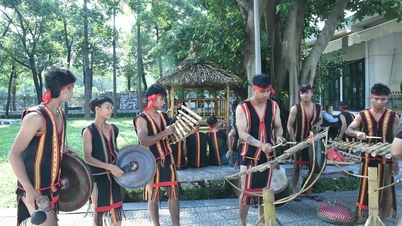

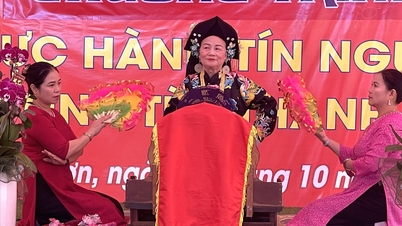

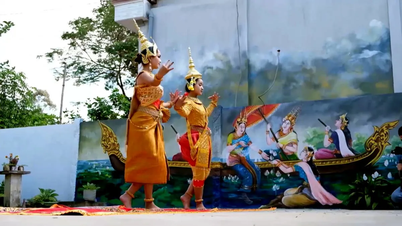


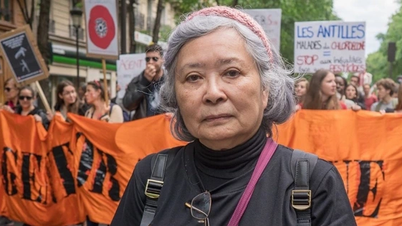

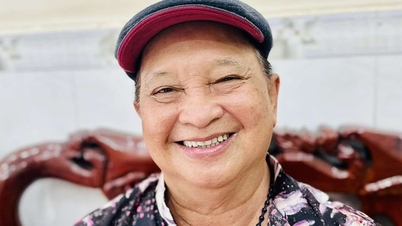



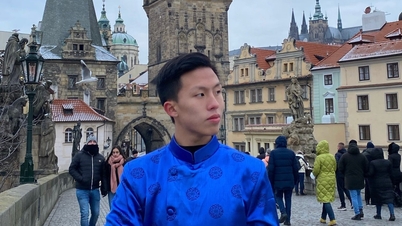

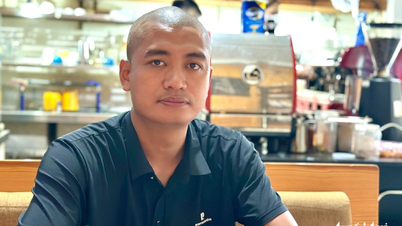

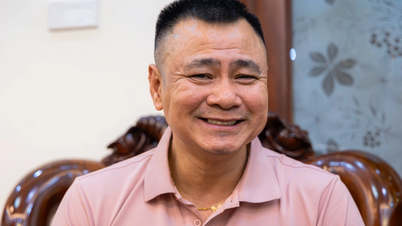

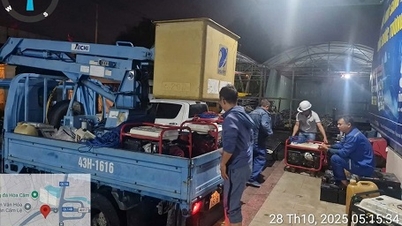



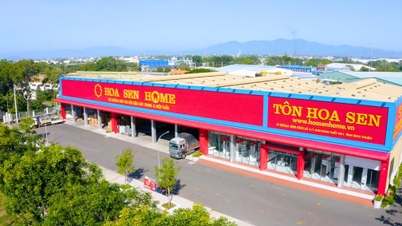










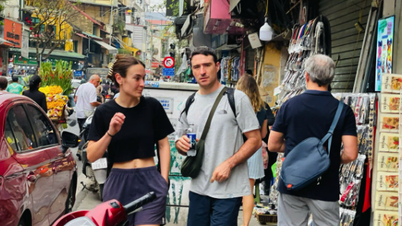






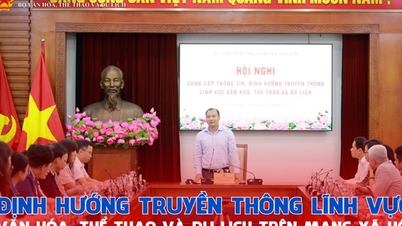
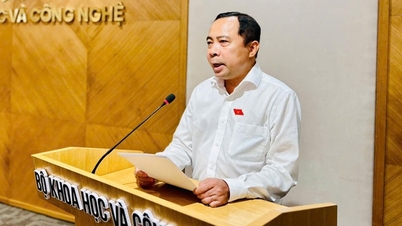

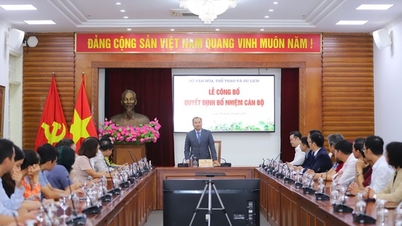



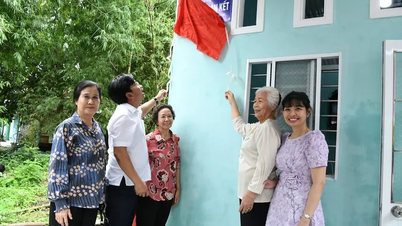

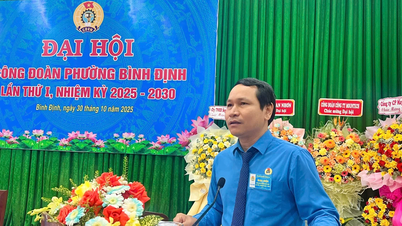



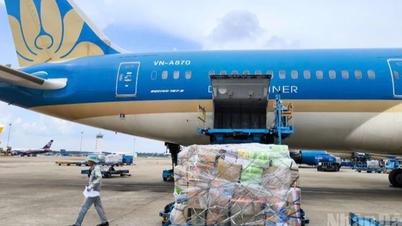



















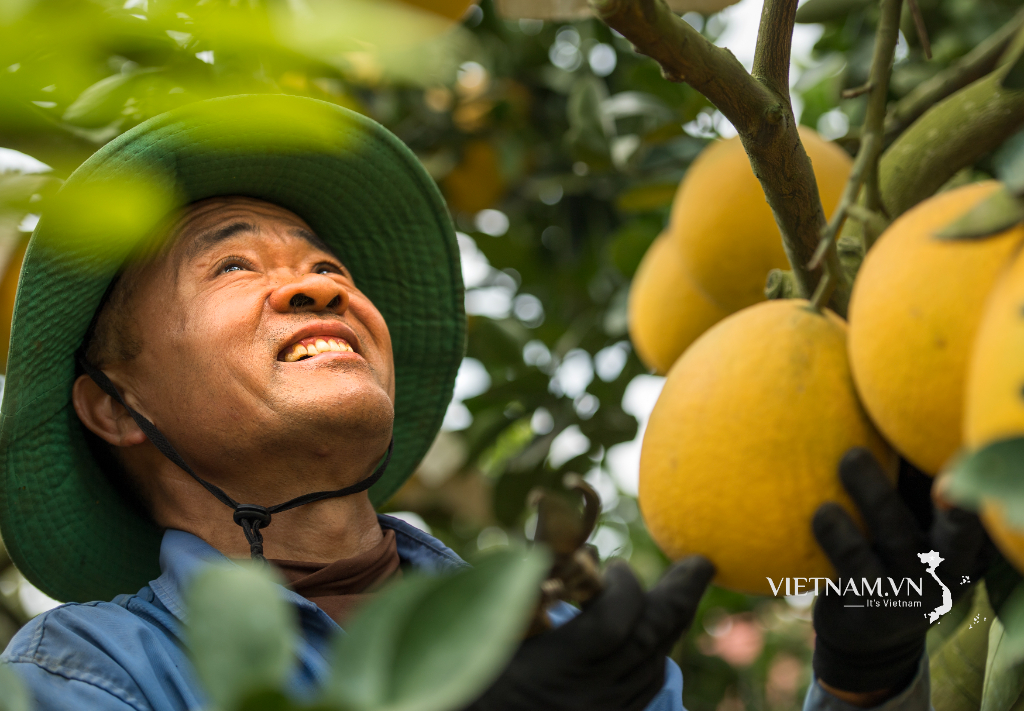
Comment (0)